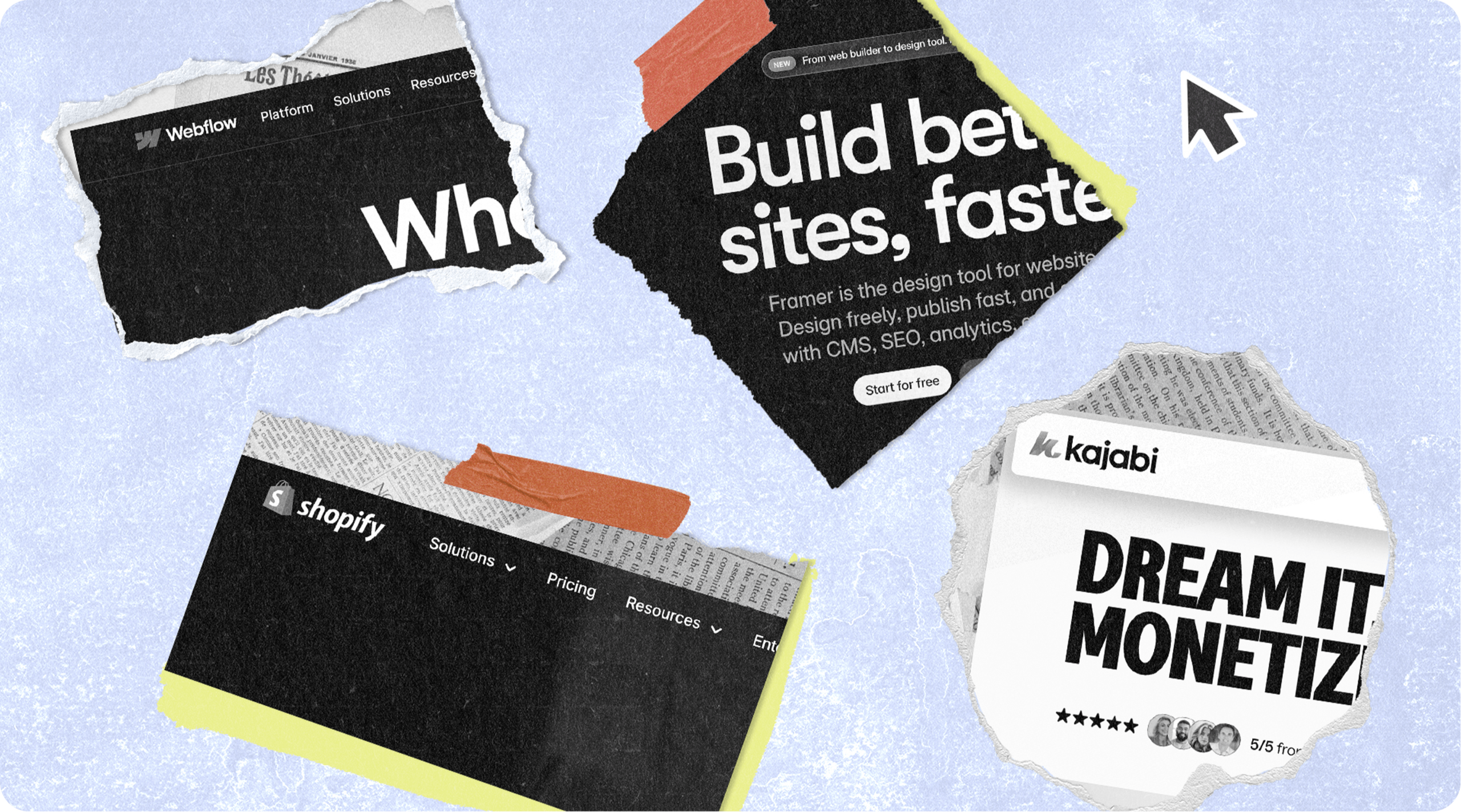Top Website Platforms for Authors in 2026
Choose the right home for your book and brand—without the tech headache.
You’ve put your heart and soul into writing your book—and you want to showcase it in the best possible way. If the website tech feels confusing, you’re not alone. This guide compares four platforms—Kajabi, Framer, Webflow, and Shopify—through an author’s lens: selling books and related products, growing your name, and creating an immersive experience for readers. We'll break down each platform to help you to identify your needs and the best fit for you.
Table of Contents
- Why having your website own platform matters
- Determining the goal of your website
- How authors can make money beyond book sales
- Author use-cases
- The best author website platforms for 2026
- Comparison at a glance
- Ideas for Additional Revenue for Authors
- What about publishing platforms like Medium or Substack?
Who This Guide is For
- An author writing fiction or non-fiction writing their first or most recent book.
- A novelist who wants to build a community, pre-sell special editions, and grow a healthy mailing list beyond social media.
- A thought leader writing non-fiction and growing a platform with keynotes, courses, and online programs.
- A hybrid creator—books + courses + consulting—who needs a site that sells their entire eco-system effortlessly.
Not sure what's right for you?
Book a Call With Our Team
Why having your Own website Platform matters
A site on your own domain keeps your content, email list, and revenue under your control. It’s where your brand compounds over time, where you set the path to purchase, and where you can swap tools without losing your audience.
Publishing only on Medium, Substack, or social media, for example, is building on rented land—your reach, rules, and revenue can change overnight.
The issues of not self-hosting your website include:
-
Algorithms and rules on other platforms can change without warning.
-
You often don’t control the look, layout, or the buy buttons.
-
Your subscribers to the platform—not you.
-
Search credit goes to their domain, not yours.
-
Limited data makes it harder to see what works.
-
Posts can be restricted, hidden, or removed.
-
Monetization is often limited.
Our recommendation: use outside platforms for discovery; always bring readers home to subscribe and buy on your site.
Determining the goals of your website
Before you pick a platform for your website, it's important to understand the goals for your website. Once you understand your goals, this will determine what you need in terms of platform features, flexibility of the platform in allowing you to grow, design capabilities, and even budget.
Your goals may include:
-
Sell or promote your book (pre‑orders, launch bundles, signed copies)
- Create an immersive experience for readers (storytelling, videos, audios)
-
Grow your audience (email list, social, community)
-
Get noticed (press, speaking, podcast hosting/pitching)
-
Sell programs (courses, programs, membership)
-
Sell products (special editions, bundles, apparel)
How authors can make money beyond book sales
Your website doesn't have to just be a place to promote your book—it can also be a money-making machine. Deciding whether to monetize your book outside of book sales is a personal choice (and perhaps a discussion between you and your publisher). For new authors, book sales alone are often not a sustainable source of income. Selling your book alone can also lead to your readers wanting more.
If you are interested in expanding your horizons and monetizing more than just you book, here are some ideas to get you started:
- Digital extras: Bonus chapters, behind‑the‑scenes essays, character dossiers, worksheets, or discussion guides.
- Audio add‑ons: Author commentary, chapter deep dives, interviews, guided exercises.
- Companion products: Templates, trackers, checklists, or a “starter kit” that helps readers take action.
- Live sessions: Webinars, Q&A calls, readings, or mini‑workshops with a replay.
- Bundled offers: Book + workbook, book + audio, book + ticket to a live session.
- Programs and memberships: A short course, cohort program, or an ongoing community.
- Classroom kits: For schools, libraries, or clubs.
- Merchandise: Bookmarks, prints, posters,apparel and totes, mugs, notebooks, stickers,
The type of products that you sell really depends on the topic of your book, what type of support you would like to offer your readers, and the eco-system you want to create around your title or series.
Author use‑cases
Taking your business beyond books
Here are some examples of how authors are using their website to create an entire eco-system of supporting products around their book:

Immersive fiction website with book extras
Goal: Buzz, pre‑orders, and a beautiful world for readers.
Platform: Framer for the creation of an immersive website and experience.

Non‑fiction website with an accompanying course or membership
Goal: Sell the book and a course or program that goes deeper.
Platform: Kajabi for website, email marketing, checkouts, and programs.

Fiction or non-fiction with a merch‑heavy brand
Goal: Signed copies, bundles, apparel, and smooth shipping.
Platform: Shopify for the store and fulfillment integrations.
The Best author website platforms for 2026

Kajabi
Best for author-entrepreneurs who want to monetize with courses, memberships, group programs, and digital downloads.

Framer
Best for design-forward authors that need a beautiful, immersive website to showcase their latest book or series.

Webflow
A Wordpress upgrade with great designer control and strong content management system (CMS) to host your own blog.

Shopify
Best when e-commerce is top-of-mind, including selling signed book copies, special editions, bundles, and book-related merchandise.

Kajabi
Best for selling courses, programs, and memberships alongside your books
What it is: A simple, all‑in‑one platform to host your website, blog, email marketing, and online courses, programs, and membership.
Best for: Authors, speakers, and coaches who want to sell courses, programs, or a membership alongside their books.
Why authors chose Kajabi:
- An all-in-one platform: Website, email, digital products, checkouts, and automations work together.
- Launch‑ready: Easy to sell bundles, upsells, and limited‑time offers.
- Community‑friendly: Built‑in areas for members and challenges.
Important to know:
- Design and set-up can be difficult if you're trying to do-it-yourself. Consider hiring a verified Kajabi Expert.
- Niche plugins and edge-case customizations can be difficult with Kajabi.
Good fit if you want: One login, fewer integrations, ability to scale your business by adding products, services, digital downloads, community, hosting your own podcast, and even launching your own app that's integrated with Kajabi.
Cost: Starts at $71 USD/month
Want to get started with Kajabi?
Start a 30-Day Free TrialFramer
Best for a beautiful, immersive author website
What it is: A visual website builder that makes stunning, fast-loading pages with smooth effects.
Best for: Authors who want an immersive website for a book, series, or personal brand.
Why authors pick it:
- Looks incredible with motion and storytelling built in.
- Fast to publish and easy to keep on‑brand.
- Great for launches: Book trailers, storytelling, and press kits shine here.
Important to know:
- Selling digital products (like ebooks) needs an add‑on checkout (e.g., Lemon Squeezy, Gumroad, or ThriveCart).
- Without a Framer template, it can be challenging to build yourself if you're just getting started. Consider hiring a verified Framer Expert.
Good fit if you want: An author site that turns heads.
Cost: Starts at $7 USD/ month
Want to get started with Framer?
Create a Free Starter Account HereWebflow
Best for design control and a strong content structure
What it is: A powerful website builder that's an upgrade from outdated Wordpress websites that gives you full control over design.
Best for: Authors with a designer on call who want a clear structure for books, events, press, testimonials, and more.
Why authors pick it:
- Great for content: Easy to create and manage repeatable pages (book pages, tour stops, media) and blog content.
- Pixel‑level control: Your designer can tune spacing, layouts, and details.
- Flexible: Plays well with many tools for email and checkouts.
Important to note:
- Takes a little more time to learn or to set up properly.
- Courses/memberships will use add‑ons or an external platform.
Good fit if you want: A tidy, well‑organized site you can grow for years.
Cost: Starts at $14 USD/month
Want to get started with Webflow?
Create a Webflow Account HereShopify
Best for e-commerce to sell books and related merchandise
What it is: The gold standard for e‑commerce. Built to sell products smoothly and securely.
Best for: Authors selling their own books, special editions, bundles, or book-related merchandise.
Why authors pick it:
- Checkout that converts: Fast, trusted, and easy to sell products.
- Strong product tools: Pre‑orders, discounts, inventory, shipping, taxes.
- Huge app store: Add subscriptions, wholesale, and more.
Important to note:
- May become costly with additional app add-ons and integrations.
Good fit if you want: A store that can handle selling to expand your offers.
Cost: Starts at $5 USD/month (see pricing details here)
Want to get started with Shopify?
Create a Shopify Account HereComparison at a Glance
| Goal | Kajabi | Framer | Webflow | Shopify |
|---|---|---|---|---|
| Sell & self-fulfill books | Works | Strong | Strong | Best |
| Grow audience (email/newsletter) | Best | Strong | Strong | Works |
| Sell programs/courses/membership | Best | Needs add‑on | Needs add‑on | Needs add‑on |
| Sell merch/special editions | Works | Works | Works | Best |
Ideas for Additional Revenue for Authors
Merchandise ideas for authors
-
Signed or numbered editions (limited runs)
-
Bundles (book + workbook/audio/print)
-
Bookmarks, prints, posters, maps (for fiction/world‑building)
-
Apparel and totes with quotes or symbols from the book
-
Mugs, notebooks, stickers (low cost, great gifts)
-
Bookplates (signed stickers to pair with retail copies)
-
Classroom kits (for schools, libraries, or clubs)
courses that pair with a book
-
Companion “Foundation” Course — Self-paced 4–6 lessons that walk through the book’s framework with worksheets.
-
Author’s Book Club (Cohort) — 4–8 live sessions applying one chapter per week; reader/VIP tiers for Q&A and coaching.
-
Deep-Dive Masterclass Series — 3–5 topical live classes (60–90 min) that become a mini-course; sell individually or as a bundle.
-
5-Day Challenge → Starter Course — Short daily tasks that prove the promise, feeding into a course.
-
Implementation Sprint (Accelerator) — 2–4 week cohort with playbook, office hours, and accountability to ship outcomes.
-
Certification / Facilitator Training — 6–12 week program with assessments and licensing to teach your method.
-
Audio-Only “Commute Course” — 10–20 short audio lessons with a PDF guide for low-friction learning.
-
Case Study Lab — Live breakdowns of real scenarios with worksheets and peer review to cement credibility.
-
Niche Tracks / Role-Specific Paths — Compact versions tailored to segments (e.g., coaches, HR, founders).
-
Licensing Package for Universities/Teams — Multi-seat access with facilitator guide, slides, and assessments.
memberships that pair with a book
-
Reader Hub + Office Hours — Community + monthly live Q&A to apply each chapter.
-
Implementation Lab — Monthly sprints, checklists, and accountability pods to ship one result.
-
Template & Toolkit Club — Fresh worksheets, scripts, and swipe files dropped every month.
-
Masterclass Vault — On-demand library + one new expert session each month.
-
Case Study Circle — Monthly teardown of a real member scenario with step-by-step fixes.
-
Mentorship Pods — Small-group hot seats (6–10 people) with progress reviews.
-
Premium Podcast / Newsletter+ — Members-only audio/briefings.
what about publishing platforms like Medium or Substack?
Medium and Substack are great for discovery and consistency—you can publish quickly, tap into built-in audiences, and grow a newsletter without much setup. But they’re not a replacement for your own website if you want a long-term author business.
By using Medium or Substack, you'll have less brand control, your site structure is limited, and monetization favors their ecosystem. The best path for most authors is both: keep a simple home base on your own domain (for branding, SEO, and clear buy links) and cross-post summaries or selected pieces to Medium/Substack with canonical links back to your site.
Always capture emails on your own list first, then syndicate. If either platform changes rules or features, your audience still lives with you.
Final Thoughts
We know that developing your own website can seem overwhelming and fraught with tech challenges and questions. Although it can seem like a lot of work, it can also greatly benefit your book and business for the long-term.
We work with authors, just like you, to build their platforms to help them to become more known, generate greater revenue, and create a sustainable business model to allow them to get back to what they do best—write! We'd love to help you to do the same.

Need Help Deciding?
Book a 30‑minute intro call with our team. We’ve helped many authors launch clean, beautiful sites that sell more than the book—without the tech overwhelm. No pressure; if we’re a fit, we can help build it—if not, you’ll still walk away with clarity and next steps you can execute immediately.
Book an Intro Call



